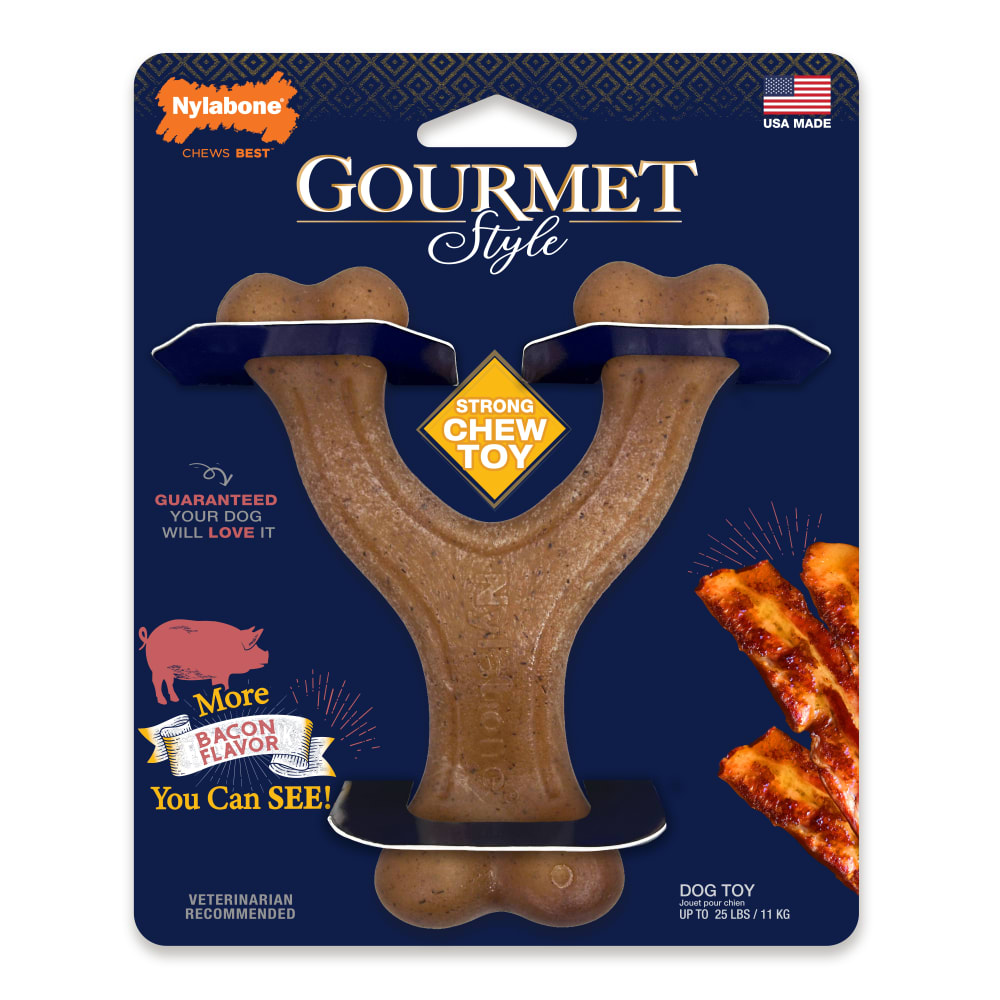9 Quiet Dogs That Don’t Bark Much
Whether you’re living in an apartment or have noise-sensitive neighbors, sometimes a “softer speaking” companion is a better fit for your environment! While all dogs have the potential to bark, certain breeds are naturally quieter than others. From gentle giants to playful pups, discover nine dogs that don't bark a lot!
Why Do Some Dogs Bark More Than Others?
Barking has many purposes: it’s one of the main ways your dog captures your attention, sends warnings to potential threats, and communicates with other furry friends. However, the reason dogs bark can vary across breeds!
Some pups are prone to stress and may bark to cope with separation anxiety, while many herding dog breeds need to be vocal to help them round up livestock. Dogs that don’t bark tend to be well socialized, feel less anxious, and are overall more confident in various social situations, according to The Spruce Pets.
#1: Bernese Mountain Dog

You may be able to see this gentle giant coming, but you probably won’t hear them! The Bernese Mountain Dog or "Berner" is a family favorite for many reasons, including their quiet nature. This large dog breed can weigh over 100 pounds, so even if they don’t bark, they’ll grab your attention one way or another.
#2: French Bulldog
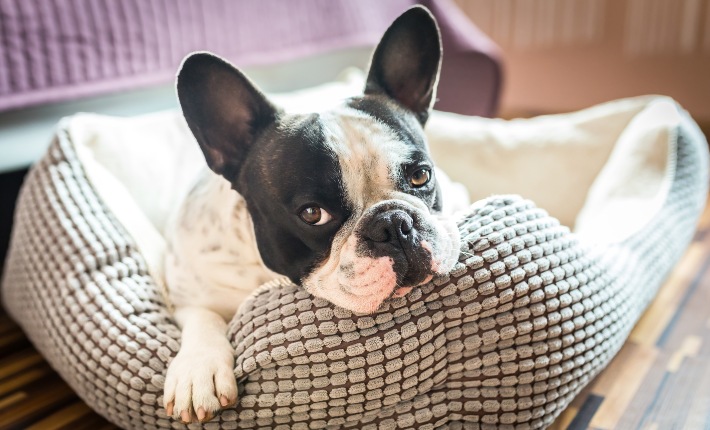
Little pups often get a bad rap for being yappy, but the French Bulldog is a small dog breed that doesn't bark much! This playful companion thrives on human contact and generally has low energy, which makes them well-suited for apartment living. Although Bulldogs in general tend to be quieter, you might hear some loud snores during nap time.
#3: Cavalier King Charles Spaniel
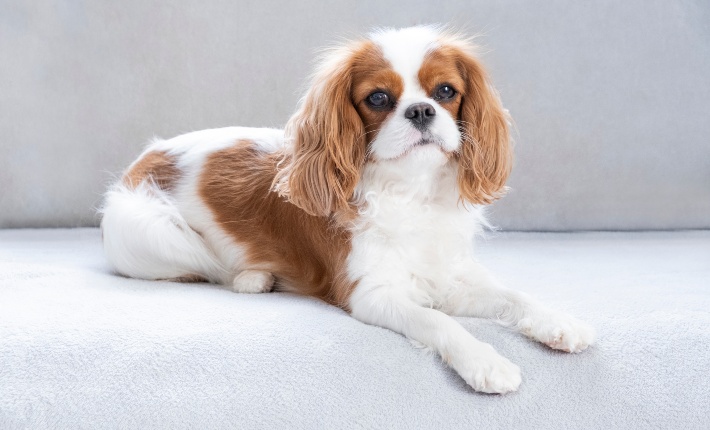
They’re sweet, friendly...and another small dog breed that doesn't bark! The Cavalier King Charles Spaniel has royal roots, so it’s no wonder they have a poised demeanor. Instead of guarding the home with an aggressive woof, you’re more likely to find the Cav calmly greeting strangers or cuddled up from a long day of napping.
#4: Shiba Inu
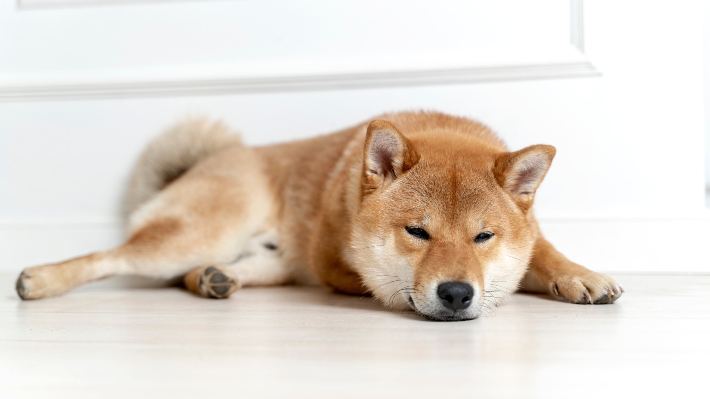
While they might not say “hello” with a bark, the Shiba Inu will greet you with their big, friendly smile! This medium sized dog is quieter than other pups, but often needs training to prevent territorial habits that could result in growling or aggressive barking. Be sure to reward their positive behavior with a delicious chew treat!
#5: Newfoundland
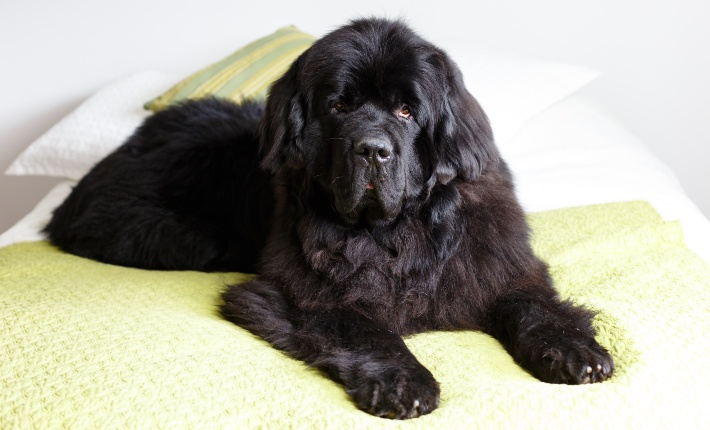
This big ball of fluff doesn’t need to bark to get your attention! Newfoundlands can look intimidating, but they're super-sized softies at heart. They love swimming and even have a deep history of working on ships with tasks like rescuing overboard sailors. If you want to hear this quiet dog breed talk, take your Newfie out on the water and see if those protective instincts kick in!
🐶 Related: 20 Dogs That Swim (& 20 Fun Facts About Them!)
#6: Saluki
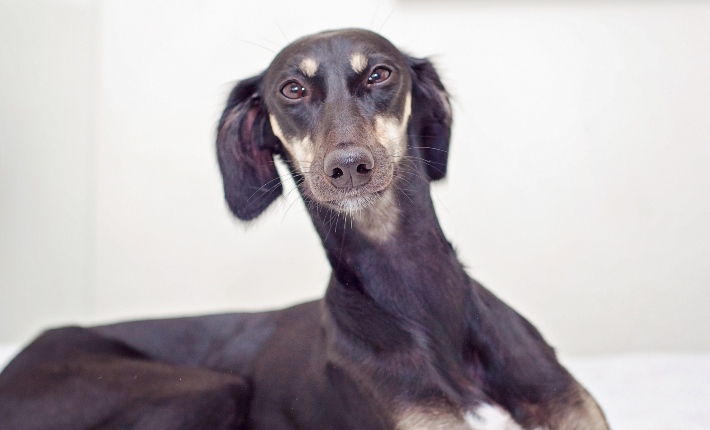
The Saluki, or Persian Greyhound, is one of the world’s oldest dog breeds. These pups are especially known for their speed—reaching an incredible 42 miles per hour! Their speed is such an effective hunting tactic that they likely did not need to use their voice against predators, which might explain why these dogs bark less than others.
#7: Basenji
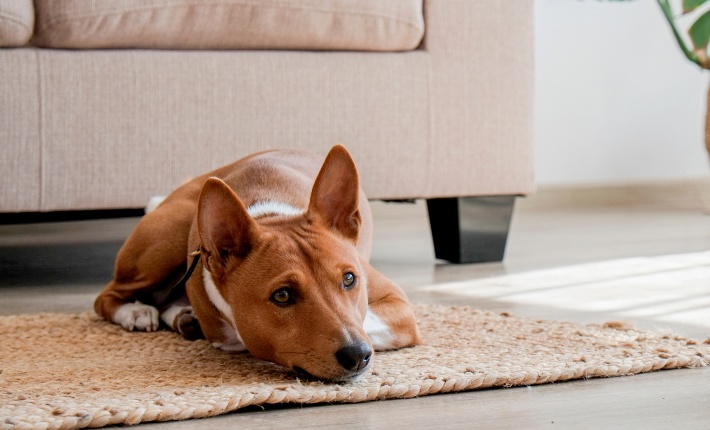
As a calm dog that barks less than many of their counterparts, it’s no surprise that many people say the Basenji is “quiet like a cat!” On the rarer occasions you hear this pup talk, you’ll be surprised by their unique voice. Rather than barking, the Basenji will make a high-pitched noise or yodel when they decide to be vocal.
The Basenji’s voice isn’t the only attribute that makes this pup stand out! They’re also a dog breed that doesn’t shed much.
#8: Borzoi
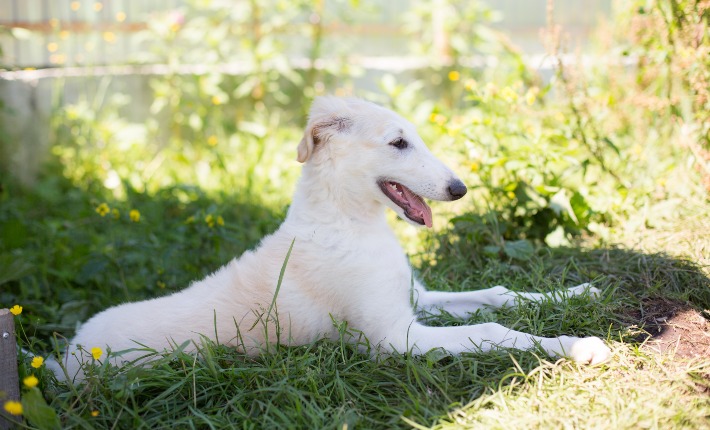
The Borzoi is recognized by their athleticism and distinctly “long” snout, but you might not know that they are also a quiet dog breed. This furry friend is one of the fittest dogs you’ll ever see, so it can be tricky to keep them both mentally and physically engaged all the time. They love a challenge, so try occupying them with a fun treat toy!
#9: Akita

A well-trained Akita is less likely to bark than other breeds! This Japanese native is a working dog once used as guards and hunters for the ruling class. While they can become stubborn or protective, socialization from a young age may help them grow comfortable and prevent barking at strangers.
No “Barks” About It!
Just because your pup’s breed didn’t make the list doesn’t mean you can’t get them to quit this noisy habit! Offer your pup a chew toy whenever they feel anxious to encourage healthy chewing rather than barking. With practice, you’ll have a more peaceful pooch and a happier home in no time!
Dogs that don’t bark might experience other common behavior problems! Learn more about teaching positive habits.
FOLLOW US!





